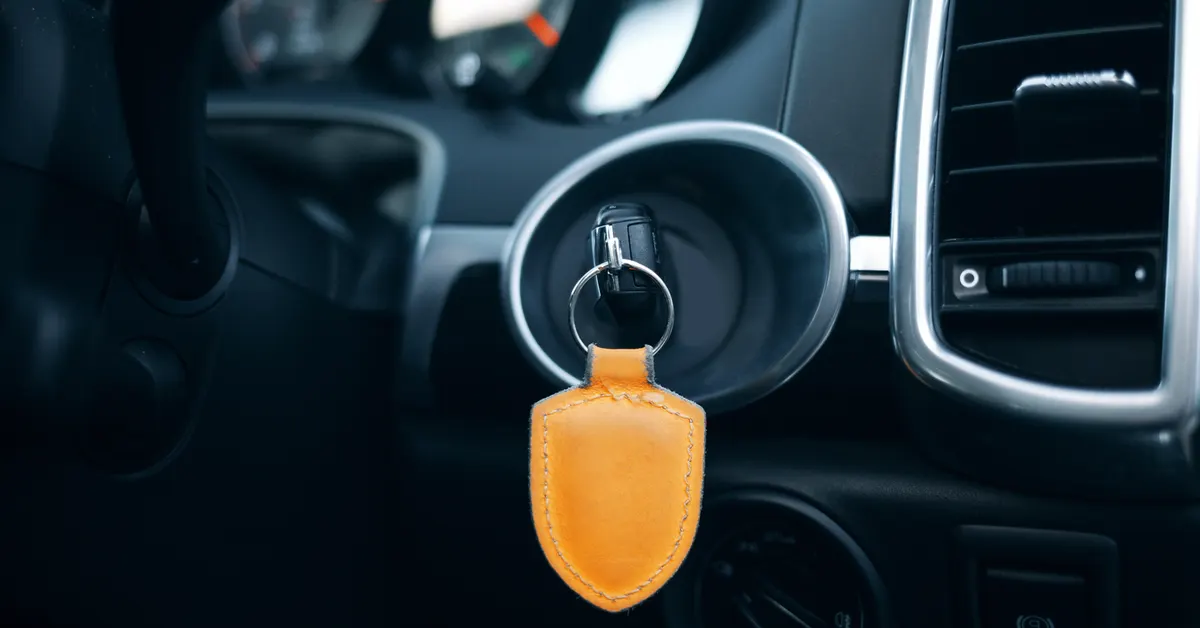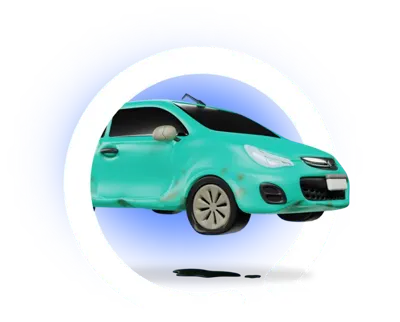
If your car is starting to get a reputation for its frequent refusals to start, then we’re always here to help you scrap your car for the very best price. If it’s the first time it’s happened though, there could be several potential reasons for it. Here are four of the most likely!
Your battery is dead
A dead or weak battery is one of the most frequent reasons a car refuses to start. Batteries naturally degrade over time, but there are a couple of factors that can sometimes accelerate the process. Sometimes it’s a mechanical issue, such as a faulty charging system. Alternatively, it could be due to cold weather, or it may just be that you’ve accidentally left a light or electronic element switched on.
If you hear a clicking sound when you turn the key or the dashboard lights flicker weakly, it’s likely your battery doesn’t have enough charge to start the engine. You can try jump-starting it with jumper cables and another car, but if it’s a frequent occurrence, it may be time to replace the battery. If the battery is relatively new and still struggles to hold a charge, there could be an issue with the alternator not properly recharging it while the engine is running.
There’s a problem with the starter motor
The starter motor does what it says on the tin; it’s responsible for getting the engine running, and if it fails, your car won’t start no matter how much power your battery has. A common sign of a faulty starter is a clicking sound when you turn the key, but unlike a dead battery, jump-starting won’t help.
Starter motors wear out over time due to regular use, and issues such as corroded connections or a worn-out solenoid can also prevent it from working. If you suspect the starter is the issue, it’s best to have a professional inspect it, as replacing a starter motor requires a fair amount of mechanical expertise. Unfortunately, it’s not the kind of thing you can have a crack at sorting on a Saturday afternoon.
Fuel isn’t reaching the engine
If your car cranks but still refuses to start, there’s a chance the engine isn’t getting the fuel it needs to run. This could have several causes – including (but not limited to) a faulty fuel pump, a clogged fuel filter, or even something as simple as running out of fuel.
It’s easy to forget that fuel pumps wear out over time, and if yours fails then the engine won’t receive the fuel it needs to start. A clogged fuel filter can also block fuel from reaching the engine, making it harder or impossible for the car to start. If your car has been running rough before refusing to start, the filter could be the issue.
Checking your fuel gauge might sound obvious, but honestly, it’s always worth confirming that you haven’t simply run out of fuel. In some cases, a faulty fuel gauge might give you an incorrect reading. That can leave you unsuspectingly running on an empty tank.
Ignition system is faulty
Along with the starter motor, the ignition system plays a crucial role in starting your car, and even a minor issue within this system can sometimes be enough to leave you stranded. Spark plugs, ignition coils, and the ignition switch itself can all fail over time, making it impossible for the engine to fire up.
Worn-out spark plugs can prevent the engine from igniting properly, leading to misfires or failure to start. Your ignition coils could potentially have failed – these convert the battery’s voltage into the high voltage needed to create a spark, so if they’re not working then it cuts off the spark necessary for combustion. There’s a technically easy way to tell; if the ignition switch is faulty, turning the key might not engage the electrical systems at all.
Electrical problems within the ignition system can sometimes be difficult to diagnose without professional tools, so if you suspect this is the issue, then get a mechanic’s assessment.
The thing about a stranded car is that occasionally, it’s caused by an issue that’s relatively easy to solve. However, if the problem is more complex, frequent, or particularly expensive, the car may become uneconomical to run – in which case it’s often better to simply cut your losses and recycle the vehicle instead.
That’s where we can help at EMR Vehicle Recycling. With more than 70 years experience to our name, we’re committed to getting you the very best price when you scrap your car. What’s more, it couldn’t be easier – all you have to do is enter your car reg and postcode into the fields on our homepage, and you’ll have an instant online quote before you can say scrap my car. Wondering how much yours could be worth?

